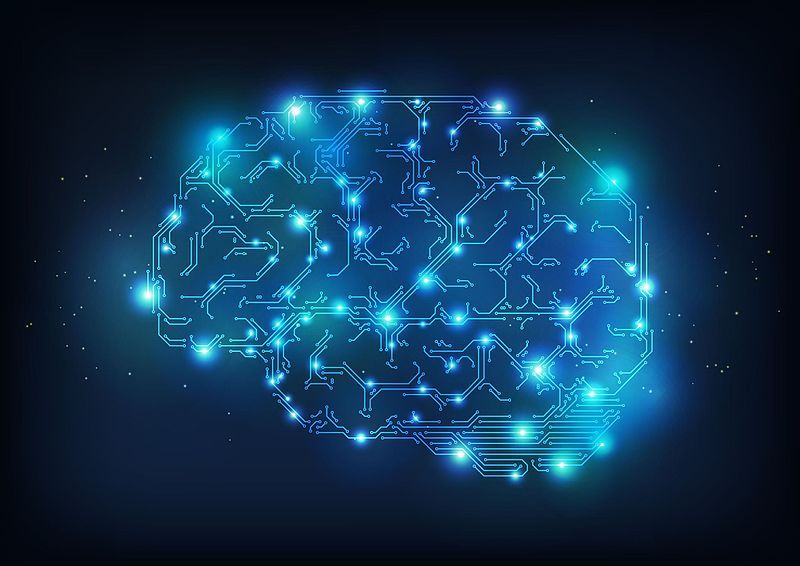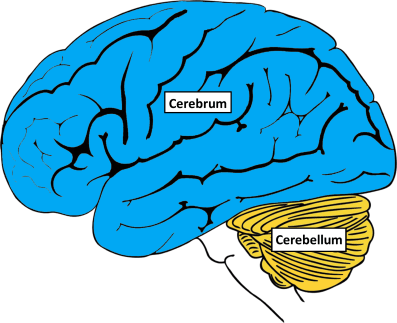Audio Presented by

Conceptual Biomarkers and Theoretical Biological Factors for Psychiatric and Intelligence Nosology https://tinyurl.com/
About Author
Conceptual Biomarkers and Theoretical Biological Factors for Psychiatric and Intelligence Nosology https://tinyurl.com/
